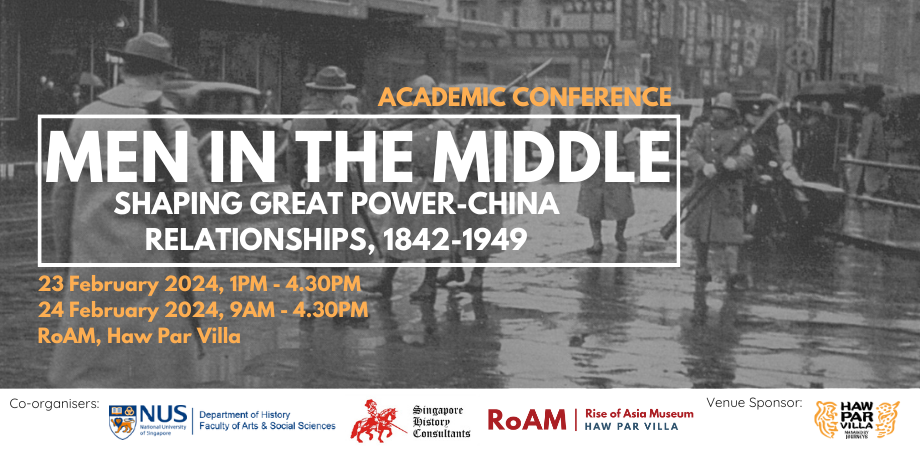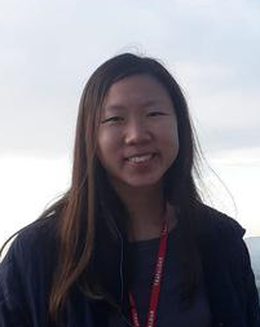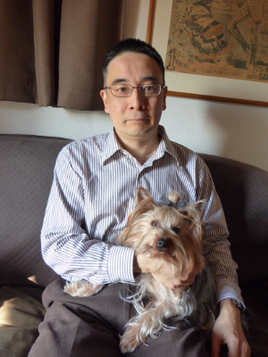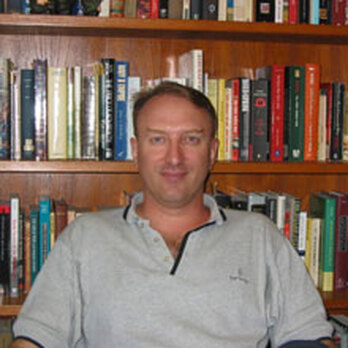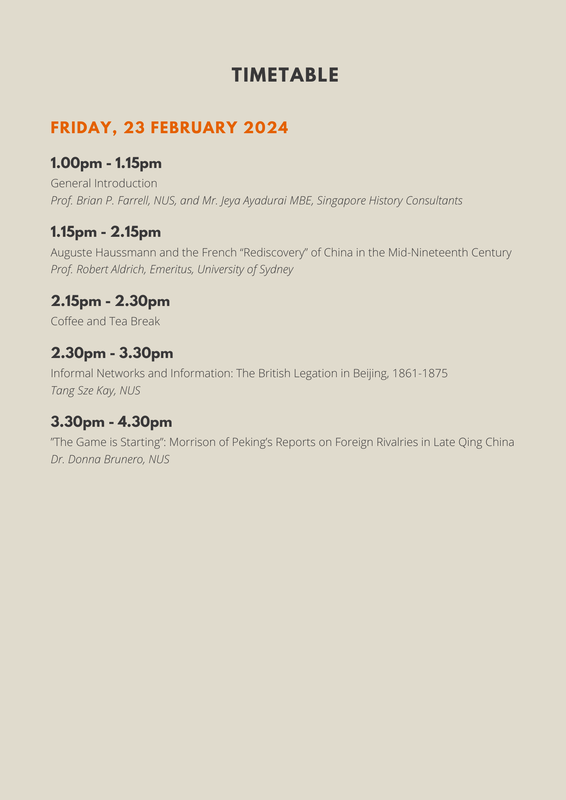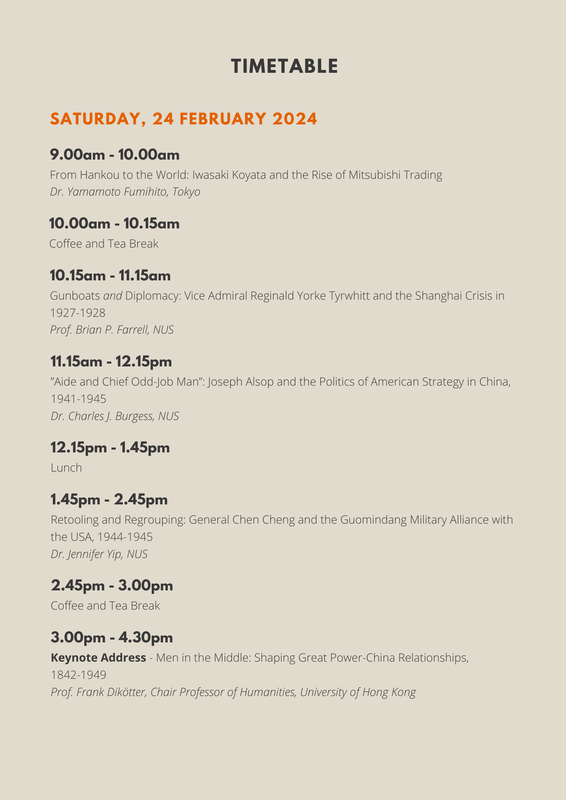INTRODUCTION :
An international conference presented by the Dept. of History, National University of Singapore, Singapore History Consultants and Rise of Asia Museum (RoAM).
This conference combines the study of an evergreen abstract theme – the role and influence of individuals as agents in history – with a particular context: Great Powers and their efforts to “globalize” China, during the period that country now refers to as “the century of humiliation.” This is not another pointless return to the old polemical “great man” explanation for what drives history. It is rather an exercise in exploring the premise that individuals always had, to some degree and in various ways, influence over how history unfolded,and why it went the directions it did. There has been an explosion in the study of the international history of China since the turn of this century, but one dimension remains underexplored: the perceptions, policies, views, and agendas of the “metropolitan authorities” among the Great Powers most heavily involved in that international history.
We will explore the premise that one good way to better understand that dimension is to examine a particular kind of individual involved: someone who worked in China, either as a sojourner or for a career, and, while in China, had a direct responsibility that moved in two directions: having to “answer up” directly to some sort of higher authority or body in their “home country,” while also exercising direct responsibilities in China, including daily contact with the Chinese population, to oversee, or conduct, whatever office, occupation, or project brought them there. We seek to understand what difference individuals made to how the rest of the world perceived and engaged China during this turbulent era, from a range of different times, occupations, and nationalities.
This conference combines the study of an evergreen abstract theme – the role and influence of individuals as agents in history – with a particular context: Great Powers and their efforts to “globalize” China, during the period that country now refers to as “the century of humiliation.” This is not another pointless return to the old polemical “great man” explanation for what drives history. It is rather an exercise in exploring the premise that individuals always had, to some degree and in various ways, influence over how history unfolded,and why it went the directions it did. There has been an explosion in the study of the international history of China since the turn of this century, but one dimension remains underexplored: the perceptions, policies, views, and agendas of the “metropolitan authorities” among the Great Powers most heavily involved in that international history.
We will explore the premise that one good way to better understand that dimension is to examine a particular kind of individual involved: someone who worked in China, either as a sojourner or for a career, and, while in China, had a direct responsibility that moved in two directions: having to “answer up” directly to some sort of higher authority or body in their “home country,” while also exercising direct responsibilities in China, including daily contact with the Chinese population, to oversee, or conduct, whatever office, occupation, or project brought them there. We seek to understand what difference individuals made to how the rest of the world perceived and engaged China during this turbulent era, from a range of different times, occupations, and nationalities.
|
Academic Conference
|
Men in the Middle: Shaping Great Power-China Relationships, 1842 - 1949
|
Speakers
Saturday, 24 February 2024
Keynote Speaker :
Professor Frank Dikötter
Chair Professor of Humanities, University of Hong Kong
Frank Dikötter is Chair Professor of Humanities at the University of Hong Kong and Senior Fellow at the Hoover Institution. Before moving to Hong Kong in 2006, he was Professor of the Modern History of China at the School of Oriental and African Studies, University of London. He has published a dozen books, translated into twenty languages, that have changed the way we look at the history of modern China. His Mao’s Great Famine won the prestigious Samuel Johnson Prize for Non-Fiction in 2011. He is currently finishing a book that addresses a deceptively simple question: how did a dozen men gathered in a dusty room in Shanghai in 1921 manage to conquer a quarter of humanity by 1949?
Chair Professor of Humanities, University of Hong Kong
Frank Dikötter is Chair Professor of Humanities at the University of Hong Kong and Senior Fellow at the Hoover Institution. Before moving to Hong Kong in 2006, he was Professor of the Modern History of China at the School of Oriental and African Studies, University of London. He has published a dozen books, translated into twenty languages, that have changed the way we look at the history of modern China. His Mao’s Great Famine won the prestigious Samuel Johnson Prize for Non-Fiction in 2011. He is currently finishing a book that addresses a deceptively simple question: how did a dozen men gathered in a dusty room in Shanghai in 1921 manage to conquer a quarter of humanity by 1949?
Friday, 23 February 2024
The Late Qing (1843 - 1905)
Saturday, 24 February 2024
From the Qing to the Republican Era (1902 - 1945)
From the Qing to the Republican Era (1902 - 1945)
Hear from distinguished speakers
|
Get your conference tickets today!
|

